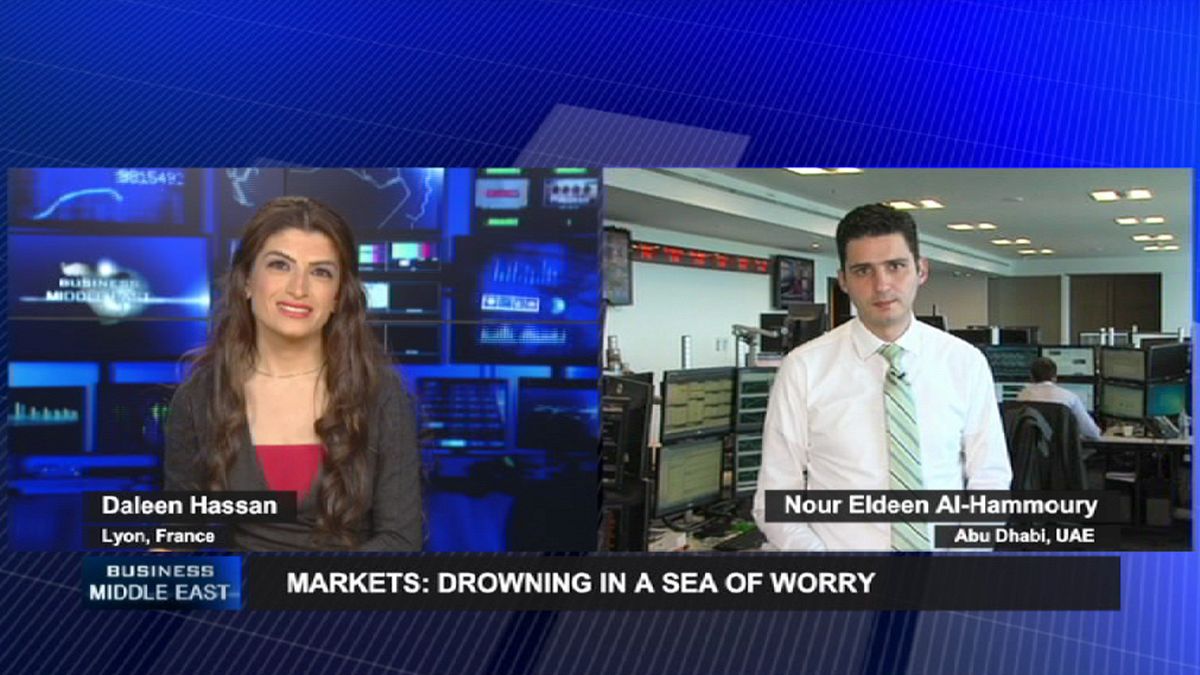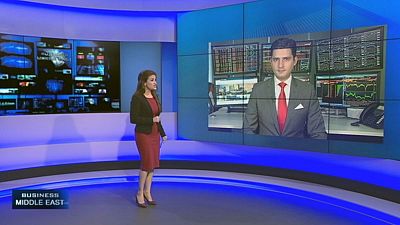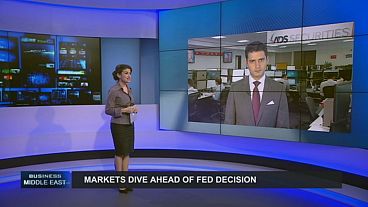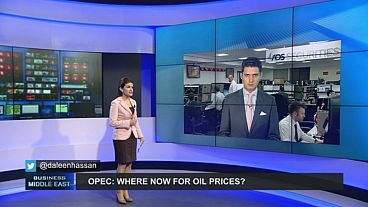The slump in world stocks has not left Middle East markets untouched. Global share prices recently suffered some of their worst declines of the past three years.
Ebola, fears of the effects of slowing economic growth, and speculation about interest rate hikes in the near future have all played a part.
This is raising worries that stocks could tank, with the Middle Eastern markets also becoming vulnerable.
US, European and Asian stock exchanges were hit by weakening global growth, the rising risk of eurozone deflation and fears of a new recession in the region. Those concerns impacted on banks and other financial stocks. Rate hike speculation and the spread of Ebola, which pulled down travel related shares, also fed the negative sentiment.
Despite a bounce at the end of last week, exchanges around the world, particularly Europe and the US, have lost their previous gains from 2014, slipping into the red for the year.
While last week’s declines were worrying, some analysts saw them as the effects of fear contagion – a domino effect on Middle Eastern markets.
Last week Saudí Arabia’s main stock index slid 9.7% and Dubai’s 8%. But despite geopolitical tensions in several areas, the Middle Eastern markets continued to show strong gains for 2014 overall.
Whether in Europe or the Middle East, pessimism has pushed investors towards safe havens such as government bonds of the more economically stable countries and gold.
To get a better understanding of these issues Business Middle East’s Daleen Hassan spoke to Nour Eldeen Al-Hammoury, Chief Market Strategist with ADS Securities in Abu Dhabi.
DH: Do you think this is a short term or long term decline?
NAH: The recent decline is seen as healthy. Global equities have been rising for more than four years with no clear or notable correction. However, these declines are seen as short lived, as the central banks continues with their accommodative policies. So as far as these policies continue, global equities will continue to add more gains.”
DH: What needs to be done in order to stop this volatility?
NAH “Don’t panic. Most of the declines that we noticed last week were partially driven by panic selling. However, we noticed that our clients based in Asia or Europe and here in the Middle East are interested in buying these declines or buying the dips, thanks to some of the Federal Reserve members, who gave the markets hints that more cheap money could be seen, if needed.
DH Why have the Middle Eastern markets been doing so well this year, despite the geopolitical tensions in the region?
NAH: As we noted on the show previously, the Middle East markets are very attractive as the region could be the most safe and stable region in the world, with much potential. These markets have benefited from what happened abroad, especially the slowing-down in Europe.
Moreover, the region has opened its doors to foreign investors and this is what we noticed earlier that many investors are coming in, at least here in Abu Dhabi and the UAE, despite all the noise around the globe. At the end, traders and investors are looking for safety, stabilisation, good pricing and good technology.



